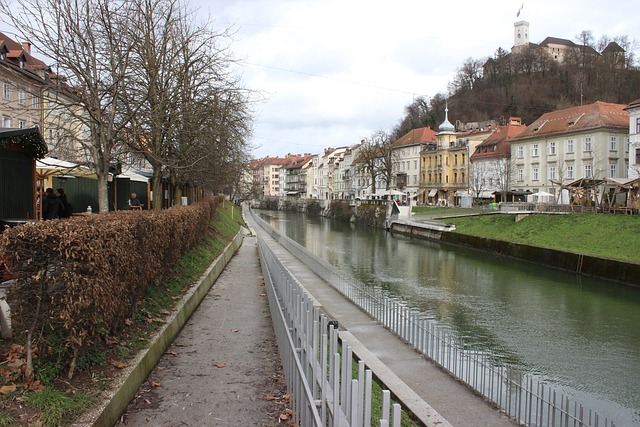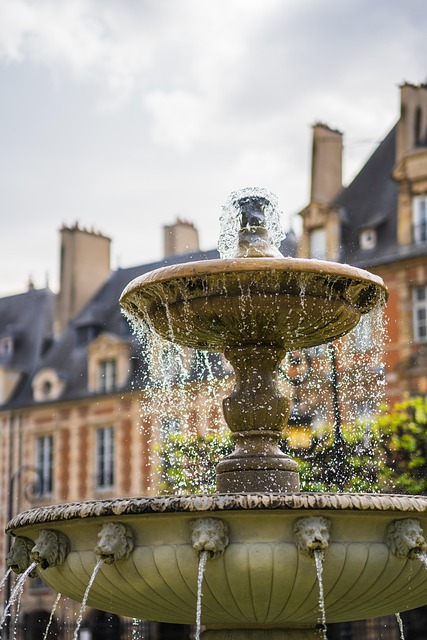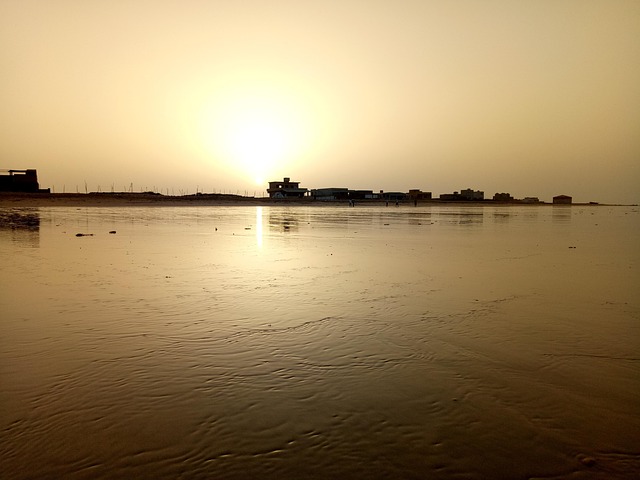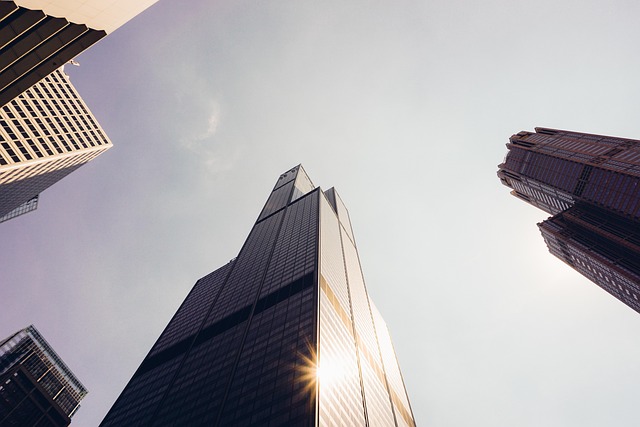Tipu Sultan Road in Karachi is a culturally rich corridor featuring historic mosques with diverse architectural styles, reflecting the city's vibrant past and religious tapestry. These landmarks attract locals and tourists alike for their historical significance and beauty, making it an essential destination to explore Karachi's unique identity.
“Karachi’s vibrant religious fabric is illuminated by Tipu Sultan Road, a historic thoroughfare adorned with stunning mosques. This introduction delves into the rich tapestry of these sacred spaces, tracing their evolution from architectural marvels to cultural centers. From the grand structures that line the road to hidden gems nestled nearby, each mosque tells a story of Karachi’s diverse heritage. Explore the historical overview, discover notable mosques like the Jama Masjid and Sultan Baig Mosque, and uncover the community-building role these places play in the heart of the bustling metropolis.”
- Mosques Along Tipu Sultan Road: A Historical Overview
- – Explore the significance of Tipu Sultan Road in Karachi's religious landscape.
- – Discuss the evolution of mosques nearby over time, highlighting architectural styles and cultural influences.
Mosques Along Tipu Sultan Road: A Historical Overview

Tipu Sultan Road, a vibrant and historic corridor in Karachi, is not just a bustling thoroughfare; it’s also home to several mosques that bear witness to the city’s rich cultural and religious tapestry. These mosques are more than just places of worship; they’re architectural marvels and historical landmarks that tell stories of the region’s diverse past. From the elegant designs of colonial-era mosques to the more contemporary structures, each one reflects the era in which it was built, contributing to Karachi’s unique identity.
The historical mosques along Tipu Sultan Road offer a glimpse into the city’s evolution. The oldest among them date back to the British Raj, showcasing a blend of Indo-Saracenic and Gothic styles. As time progressed, newer mosques were constructed, reflecting contemporary architectural trends while preserving elements of traditional design. These structures not only serve as focal points in the community but also attract visitors eager to appreciate their beauty and historical significance, making Tipu Sultan Road a must-visit destination for both locals and tourists alike in Karachi.
– Explore the significance of Tipu Sultan Road in Karachi's religious landscape.

Tipu Sultan Road, a bustling corridor in Karachi, is more than just a thoroughfare; it’s a cultural and religious tapestry where history intertwines with faith. This road, named after the iconic Tipu Sultan, serves as a spiritual beacon for the diverse communities that call Karachi home. The mosques lining this route are not merely places of worship but vibrant centers that echo the city’s rich heritage and vibrant religious landscape.
In Karachi, where cultural diversity is the norm, these mosques stand as testaments to the city’s ability to embrace and celebrate different traditions. Each mosque has its unique architectural style, reflecting a blend of local and global influences, making them visually appealing and culturally significant landmarks. The road itself has become a spiritual journey, offering visitors not just a glimpse into Karachi’s religious diversity but also a chance to appreciate the harmonious coexistence of various faiths within the city’s vibrant tapestry.
– Discuss the evolution of mosques nearby over time, highlighting architectural styles and cultural influences.

The mosques along Tipu Sultan Road in Karachi have witnessed a captivating evolution, mirroring the city’s diverse cultural landscape. Initially, these houses of worship were influenced by traditional Islamic architecture, characterized by simple yet elegant designs. Over time, as the metropolis grew and absorbed various cultural threads, so too did its mosques. The introduction of Persian and Indian architectural elements enriched the structures, resulting in a unique blend of styles that set these Karachi mosques apart.
The city’s rich history has left an indelible mark on their construction, with some landmarks featuring intricate tile work and elaborate carvings, while others display a more modern approach, reflecting the area’s dynamic nature. This architectural diversity is a testament to Karachi’s ability to embrace change while preserving its cultural heritage, making these mosques not just places of worship but also visual gems that contribute to the city’s vibrant tapestry.
The mosques along Tipu Sultan Road in Karachi are not just places of worship but also serve as tangible links to the city’s rich historical tapestry. From the elegant architecture reflecting diverse cultural influences to their role in community gatherings, these mosques have been integral to shaping Karachi’s religious identity. Understanding their evolution offers a glimpse into the dynamic nature of the city’s past and present, making these structures true treasures for both locals and visitors exploring Karachi’s vibrant religious landscape.
